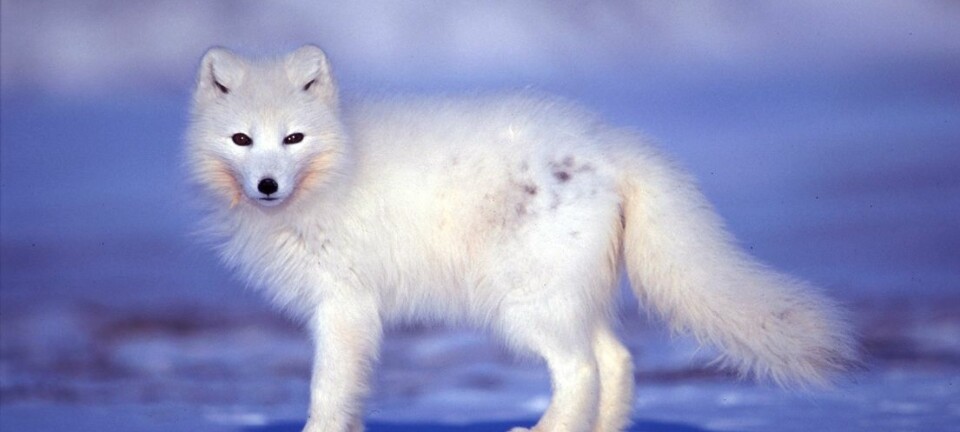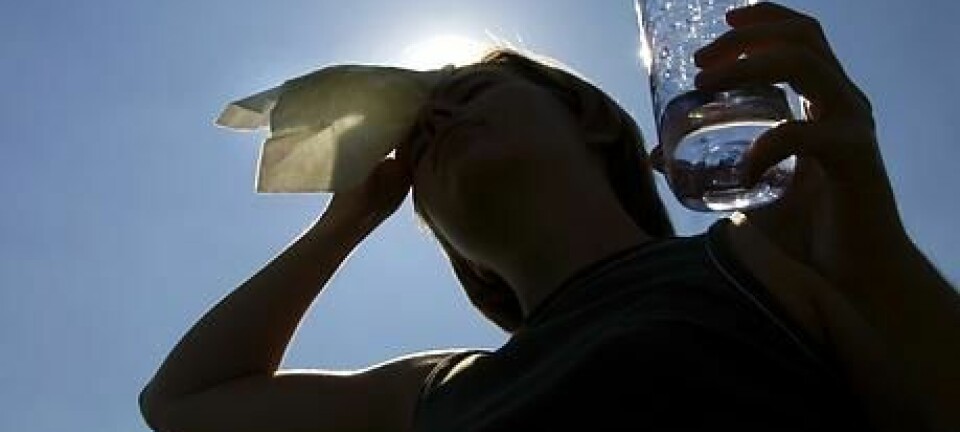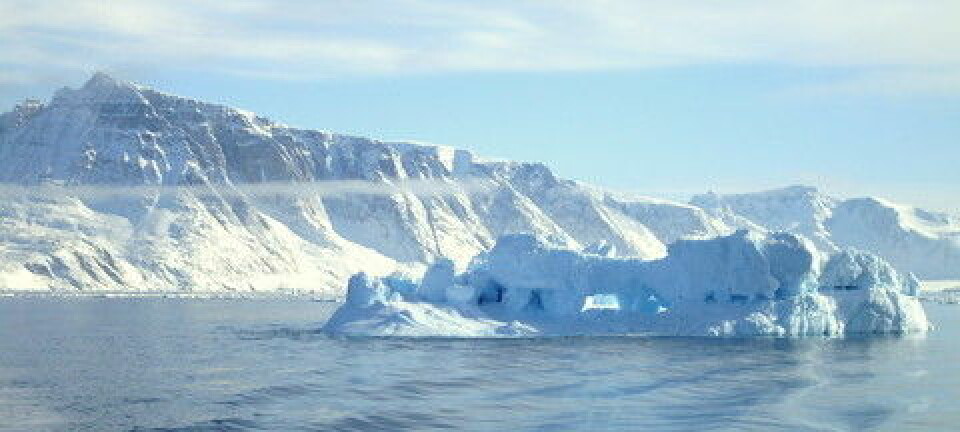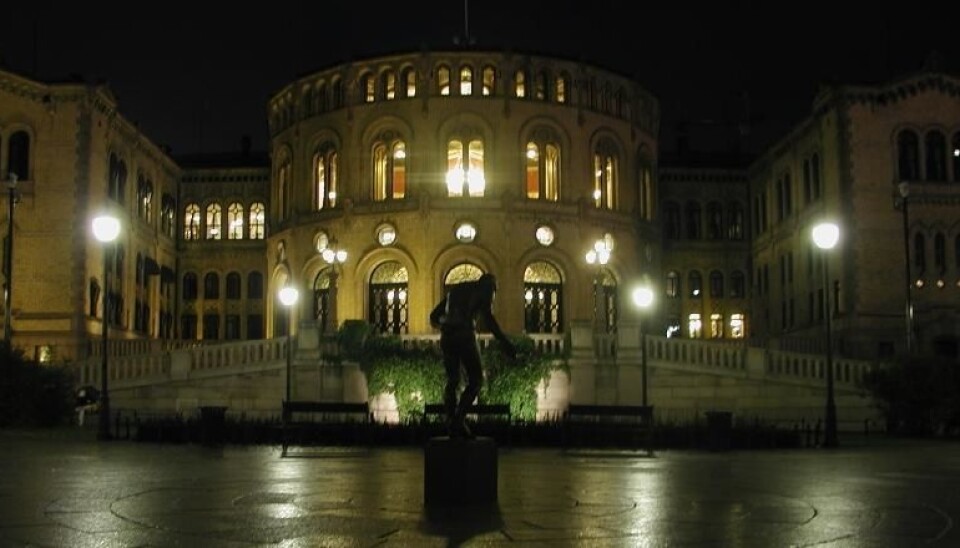
Warmer in Southern Europe, wetter in the North
European scientists have joined forces in a report to politicians. This is what we can expect of extreme weather in times ahead.
Denne artikkelen er over ti år gammel og kan inneholde utdatert informasjon.
Research Director Øystein Hov of the Norwegian Meteorological Institute in Oslo has led the efforts of a European research group which pooled their research-based knowledge about what global warming will bring in the way of more extreme weather in Europe.
Here are some of the most probable changes the scientists expect in the course of the 21st century:
- In Central and Southern Europe it will get warmer and more arid. Rains will become less frequent.
- In Northern Europe we will be getting more precipitation. We will have more episodes of heavy amounts of rain and snow.
The report Extreme Weather Events in Europe: preparing for climate change adaptation was presented at the Norwegian Academy of Science and Letters in Oslo last week.
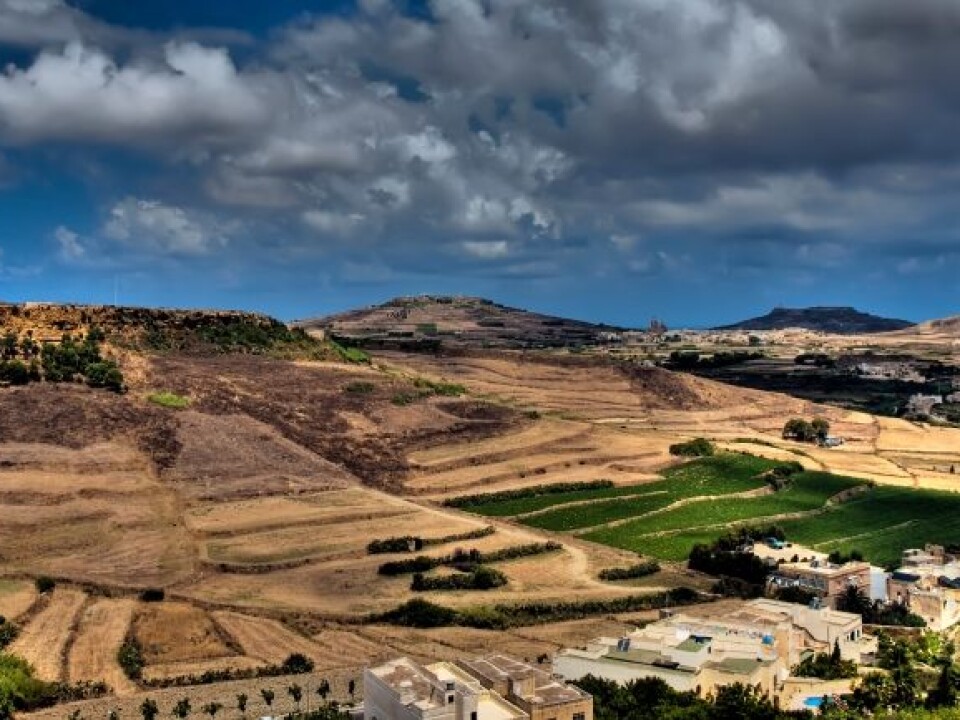
“The clearest conclusions we have reached involve temperatures, droughts and precipitation. We are less certain about phenomena such as wind and floods,” says Hov.
Hot and cold
The researchers also think Central and Southern Europe can expect more heat waves. These will be more severe and persistent.
Europe will generally be warmer. Extremely frigid days are expected to be fewer and farther between.
Winds are harder to predict. But in Northwest Europe, including Norway, high winds will be more frequent. This means storm damage will increase. Southern Europe, however, can probably expect fewer strong winds.

Insurance companies have been globally reporting a strong increase in wind damages in the past 30 years. This development has been less tempestuous in Europe.
Adapting to the climate changes
“Politicians in the EU and Norway have called for more research-based knowledge so that society can adapt to climate changes. They want information that can be put to use. But it’s hard to give exact advice in this area. Undertakings have to be based on risk evaluations,” explains Hov.
He understands that politicians are disappointed about not receiving clear-cut advice from scientists.
“Natural damage caused by extreme weather ties in partly with the development of our infrastructures. For example we will probably be seeing more frequent 100-year floods in Central Europe. These are overflows which in the latter part of the last century were only expected once in a hundred years. But as flood protections are continuously being improved, there’s no certitude that these will lead to more extensive flood damages.”
“In the long run, however, we cannot adapt our way out of human-caused climate changes.”
“The crucial thing is for humanity to reduce climate gas emissions,” stresses Hov.
Economic impacts
The scientists got much of the information about the prospective economic impacts of climate changes from data amassed by insurance companies.
The global insurance group Munich Re has records on 30,000 episodes of natural damages. This data shows that around 90 percent of these incidents can be blamed on extreme weather, such as storms and floods.
Insurance data from the whole world testifies to a definite rise in weather-related damage. The increase in the recent decades has been less severe in Europe compared to, for instance, North America.
The scientists assessed the total price tag for weather related damages in Europe since 1980 at about 420 billion euros.
Moreover, extreme weather has also taken the lives of 140,000 Europeans since 1980.
Most of these casualties were from heat waves. The scorching summer in Central Europe in 2003 was a massive killer.
Nordic countries could dodge bullets?
The climate changes of the 21st century will probably have the biggest impact on Southern and Central Europe – and less on the Nordic countries.
The climate changes in Europe will impact agriculture, fisheries, health, water resources, biodiversity and infrastructure.
While much of the climate adaptations will have to be made and funded by individual nations, the scientists advise the EU to take an active role in supporting member countries. In certain fields, such as agriculture, fisheries and water supplies, plenty can be gained by cross-border cooperation.
An explicit example is collaboration in controlling the quantities of water in the major rivers that run through the Continent.
-----------------------
Read the Norwegian version of this article at forskning.no
Translated by: Glenn Ostling







